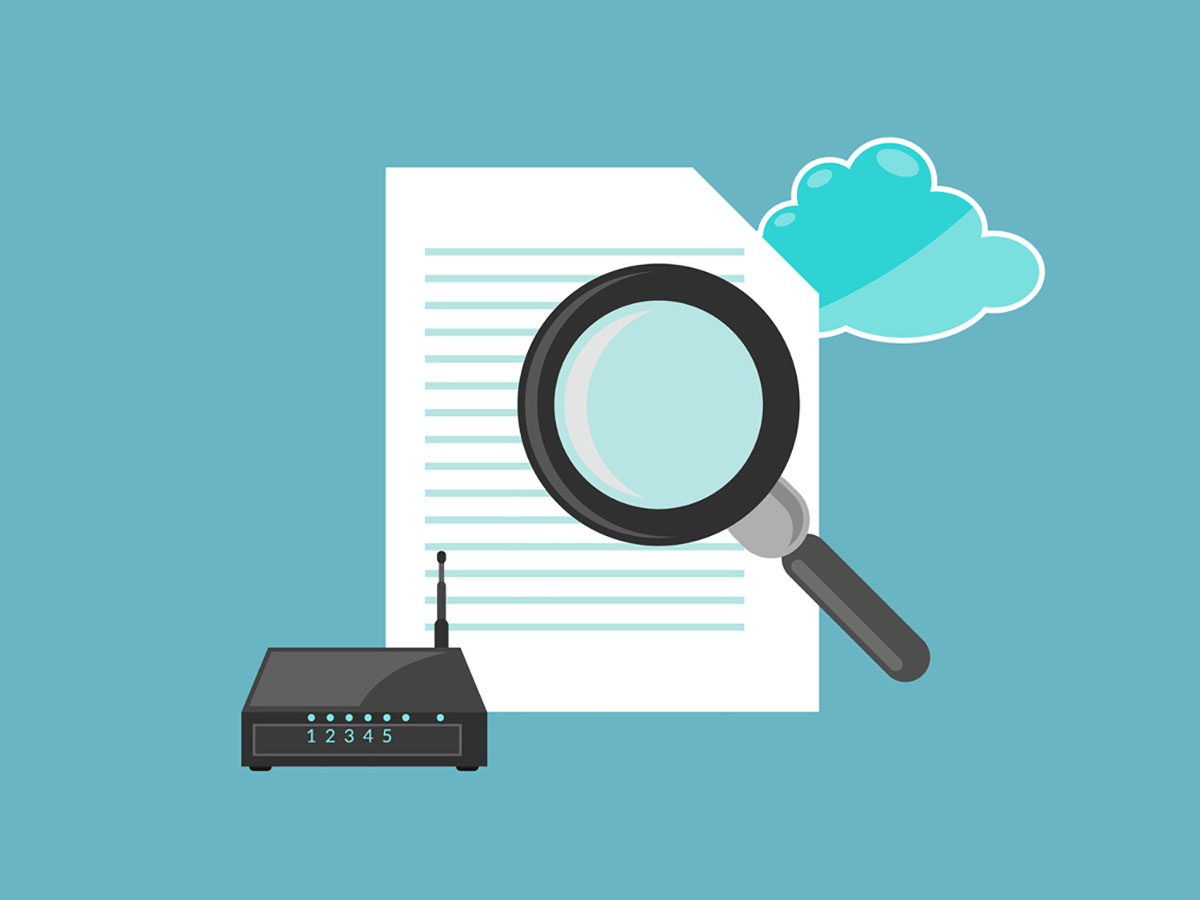Possession, in simple terms, refers to having physical or digital ownership of something. It’s about having control over a resource or item, such as a device, system, or sensitive data. It’s essentially one of the three key aspects to information access, along with knowledge (knowing how to use or access the information) and custody (having responsibilities for its care and control).
Possession Examples
1. Smartphone Possession
When you own a smartphone, you are in possession of that specific device. This means that you have the power and authority to determine what applications you want to install, alter the settings as per your needs, and even control the kind of files to store in its memory. You decide whether to allow software updates, download data, or use specific services.

Stay One Step Ahead of Cyber Threats
In the context of cybersecurity, your possession of the smartphone also means you have the responsibility of protecting it from potential threats. This could be achieved through the use of varied safety measures like biometric/password protection, encryption, or regular software updates to safeguard against any form of digital threats.
2. Company Server Possession
When a company owns and manages a secure server, they’re in possession of it. This implies that the company has the authority to decide what kind of data is stored within the server and who has the permission to access it.
The company is responsible for maintaining the server’s security, ensuring that the sensitive information stored on it is not vulnerable to cyber threats. They may employ various safety precautions, such as firewalls or encryption, to guard the server against potential breaches. In this way, the possession translates into control and security management.
3. Password or Security Key Possession
Possession in terms of cybersecurity can also stand for owning a unique password or security key. If you have a unique password that allows access to specific online accounts, email addresses, or protected files, you are said to be in possession of that password.
This password or security key is an important element of a secure digital environment. It protects your accounts and sensitive information from unauthorized access. Therefore, possessing this unique identifier places you in a prime position to control access and protect your digital assets.
Conclusion
In essence, possession in a cybersecurity aspect implies having complete control over a resource or information. Whether it’s a physical device like a smartphone, a secure server owned by a company, or a unique security element like a password, being in possession comes with the crucial responsibility of ensuring the security and confidentiality of these digital assets.
Key Takeaways
- Possession in cybersecurity context refers to having control over a digital resource or item.
- This control could apply to a physical device like a smartphone, a secure server managed by an organization, or a unique security key, such as a password.
- Being in possession also means undertaking the responsibility of securing these digital assets and information, ensuring their protection against potential threats.
- Possession forms part of the triad of access requirements in information security, sitting along with knowledge and custody.
- Possession doesn’t just denote ownership but relates closely to the management and safeguarding of resources in the digital sphere.
Related Questions
1. Are there tools to help ensure secure possession of digital assets?
Yes, there are various tools designed to enhance the security of digital assets. These include antivirus programs, firewalls, encryption tools and password managers that help secure your assets in your possession.
2. How can I enhance security if I am in possession of sensitive digital data?
You can enhance the security of sensitive data by using strong, unique passwords, employing encryption techniques, installing reliable antivirus software, and keeping your systems updated with the latest security patches and updates.
3. What is the importance of possession in cybersecurity?
Possession is important in cybersecurity as it denotes not only ownership but also the responsibility for securing digital resources or information against potential cyber threats.
4. Can possession in cybersecurity apply to software?
Yes, possession can apply to software too. If a person or organization owns a software product, has control over its source code, or holds rights to its usage, they are said to possess the software.
5. How does possession relate to confidentiality in cybersecurity?
Possession directly impacts confidentiality in cybersecurity. Whoever possesses a piece of information or a digital resource has the power to control its access – so safeguarding that possession is vital to maintaining confidentiality.
"Amateurs hack systems, professionals hack people."
-- Bruce Schneier, a renown computer security professional






